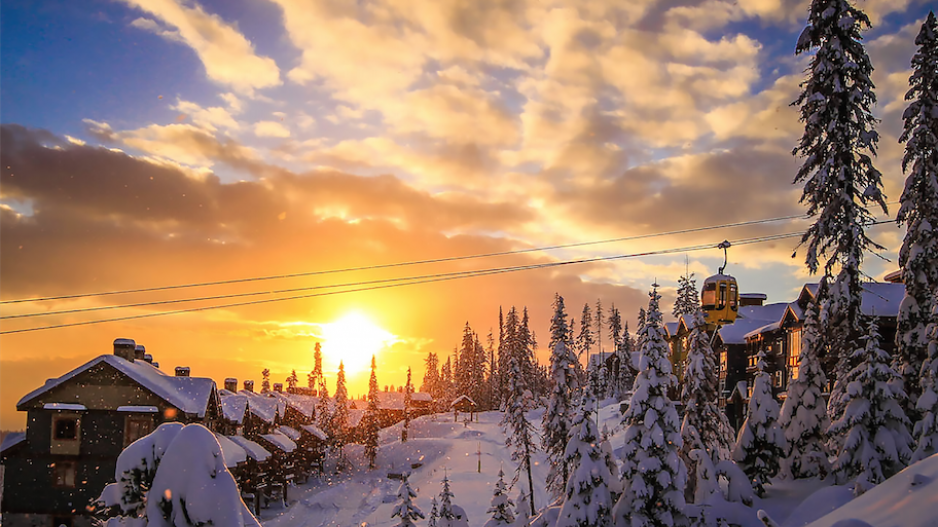The spectre of retaliation by Albertans for B.C. government moves to limit oil shipments to the Canadian West Coast is stoking fear among some in the B.C. tourism sector.
Fears that Albertans would cancel vacations to B.C. wine regions first loomed when the owner of Fort McMurray, Alberta, restaurant Asti Trattoria Italiana took B.C. wines off the menu as a sign of support for the town’s oil workers. Alberta Premier Rachel Notley then ratcheted up the tension on February 6, when she announced that the Alberta Gaming and Liquor Commission would not allow retailers and restaurants in the province to stock B.C. wine – a decision that could cost this province about $70 million per year.
The general consensus, however, is that Albertans will continue to visit B.C., and that if they were to stop coming to B.C. – to ski, for example – many of the people who would end up getting hurt would be fellow Albertans.
Albertan and Calgary Flames co-owner Murray Edwards owns Resorts of the Canadian Rockies Inc., which owns B.C.’s Fernie Alpine, Kimberley Alpine and Kicking Horse Mountain resorts.
“The majority of the accommodation in those resorts are also owned by Albertans,” said Big White Ski Resort senior vice-president Michael Ballingall.
He explained that most of the housing near many of those resorts is put in rental pools so visitors can stay in those homes on their vacations, and that most of the people who put homes in rental pools are from Alberta.
Ballingall said he doubts Albertans will boycott B.C. ski resorts and hurt fellow Albertans, adding that he has seen no sign so far that Albertans intend to boycott Big White.
“Right now Alberta visitors are booking ahead of the pace that they were booking year-to-date at this time last year,” he said. “A skier is a skier is a skier. They’re going to go where the powder is, and all the B.C. resorts are having fabulous snow years.”
Ballingall added that some of the increase in the number of Albertan visitors to his resort stems from the decision last year by WestJet Airlines Ltd. (TSX:WJA) to bump up the flight frequency between Kelowna and Edmonton to six times per week from four times per week and between Kelowna and Calgary to 47 times per week from 44 times per week.
British Columbia Wine Institute CEO Miles Prodan said he’s pleased with the added flights but added it is a “huge concern” that Albertans will boycott B.C. wine and stop taking vacations in the Okanagan to visit wineries and buy wine. Even before Notley’s announcement, the Alberta government had prohibited B.C. wine from being shipped directly to Alberta consumers. About 10% of B.C. wine is sold in Alberta, which represents the largest single export market to this province’s winemakers, Prodan said.
“There are lots of Alberta wine tourists,” he said. “Go to a parking lot of any B.C. winery in the summer and you’ll see a lot of Alberta plates. Those visits are important because they allow people to visit smaller wineries, many of which they would never have heard of, or be familiar with, because they would never get a chance to see those wines on shelves in Alberta.”
Tourism, Arts and Culture Minister Lisa Beare, however, is sanguine.
She told Business in Vancouver that she is not concerned that fewer Albertans will choose to vacation and spend money in B.C.
“I am confident that people from across Canada and around the world will continue to find B.C. a compelling place to visit and enjoy,” Beare said. “B.C. offers amazing experiences and unrivalled natural beauty. I appreciate the many Albertans who choose to vacation in our province.”•




